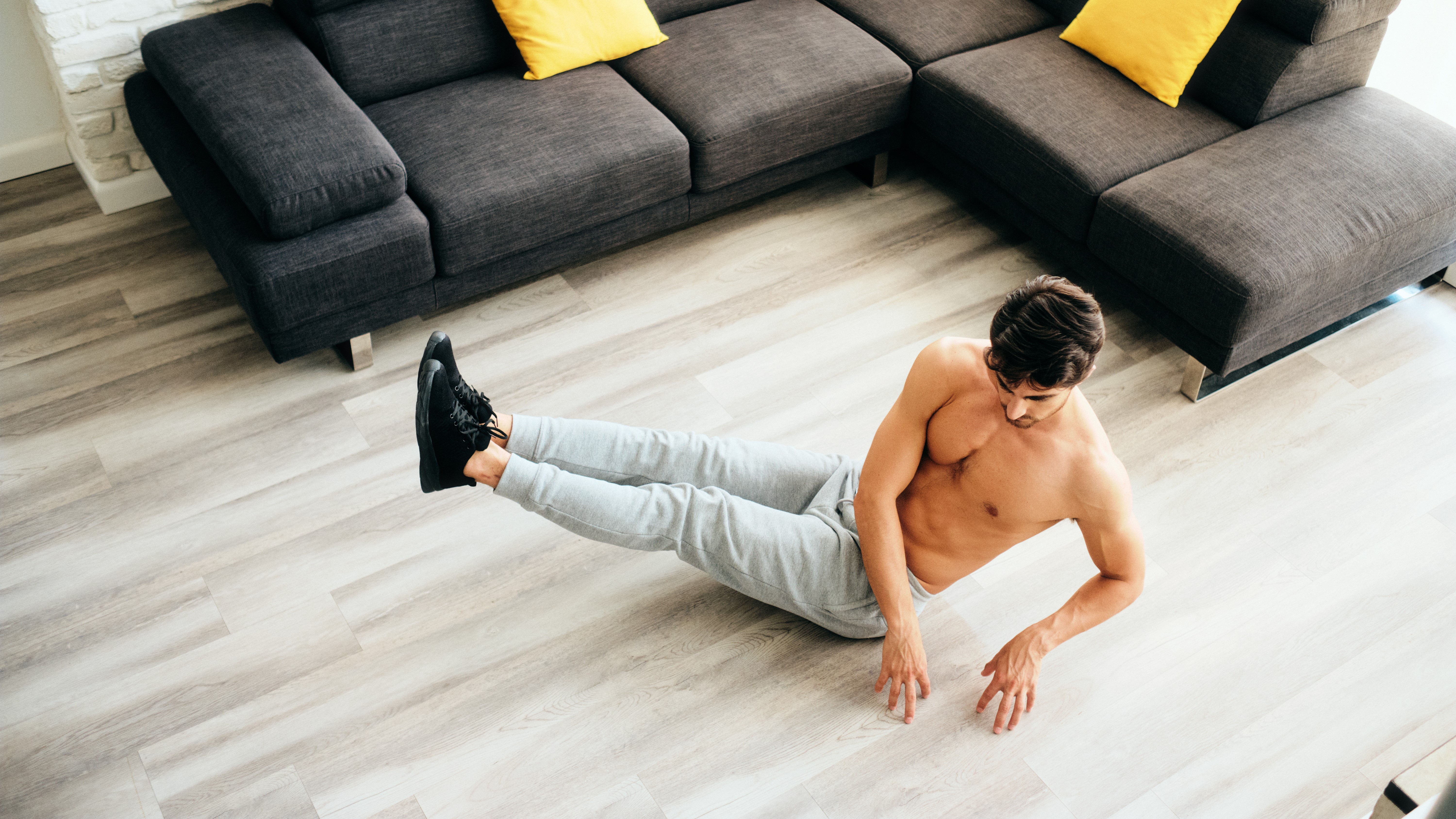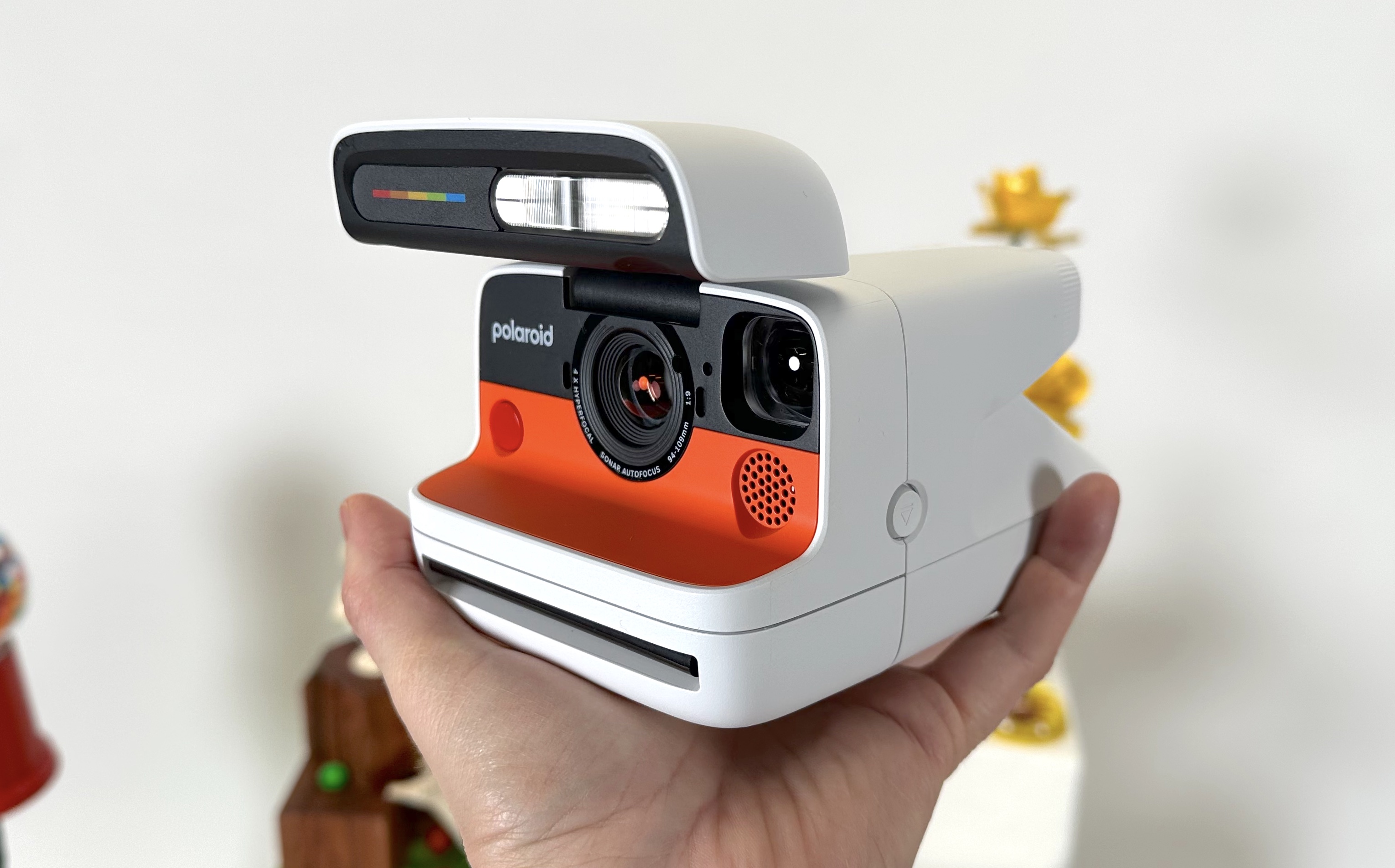Forget sit-ups — this express ab workout targets your core in 15 minutes
Here’s how to try it

We’ve said it before, and we’ll say it again — when it comes to working your abs, you’ll often get the best results if you focus on adding shorter ab workouts to the end of full-body, functional workouts.
Our resident personal trainer, Sam Hopes, put it like this: “If your goal this year is to achieve stronger, more defined core muscles, we recommend expanding your ab exercise repertoire to include compound moves. You could still target muscles like your glutes (yep, they’re core muscles), internal and external obliques, transverse abdominis (a deep belt of core muscles that hug your trunk), and erector spinae (muscles that support your spine) — to name a few.”
If, however, you like that deep core shake of an ab workout, you can simply add a quick ab finisher to the end of your next strength session. We’ve found this express ab workout by Sweat app trainer Kelsey Wells that will do the trick. All you need is an exercise mat, and your body weight to target those core muscles. Read on to find out more.
What is the workout?
A post shared by Sweat (@sweat)
A photo posted by on
The 15-minute workout uses just your body weight and these four exercises. You’ll do each exercise for 45 seconds, and repeat the circuit four times.
Bent-leg raise
To do this exercise, start by lying on your back, with your arms extended alongside your body, your knees bent, and your feet flat on the floor. Engage your core, thinking about sucking your belly button into your spine, and keeping your knees bent, raise your legs to tabletop position. From here, use your core to lift your knees up and over your body, lifting your glutes a few inches off the ground at the top of the movement. Lower your lower back and glutes to the ground, then extend your legs out away from your body, without letting them drop to the mat. That’s one rep.
Scissors
For this exercise, it’s important to keep your lower back pressed into your exercise mat. If you do notice your back peeling off the mat, reduce your range of motion. Start by lying on your back with your legs straight to the ceiling. Bend your elbows and rest your hands behind your head — if this is too difficult, leave your hands alongside your body. Keeping your leg straight, slowly lower one leg down to the ground, stopping when it is a few inches from the floor, then as you raise it to the ceiling, switch legs and lower the other to the floor, making a scissor motion. Keep alternating legs.
Oblique twists
To do an oblique, or Russian twist, sit on an exercise mat, and engage your core as you lean backward, lifting your legs off the floor, so you are in a V-shape position. You can cross your legs if it helps, and knot your hands together in front of your body. Bracing your core, twist your torso from side to side, and think about lowering your hands to the side of you as you twist. Follow your hands with your eyeline. Continue to twist from side to side without dropping your legs to the floor. Here’s more on how to do a Russian twist, and the form mistakes to look out for.
Sign up to get the BEST of Tom's Guide direct to your inbox.
Get instant access to breaking news, the hottest reviews, great deals and helpful tips.
Plank and shoulder taps
To do a plank shoulder tap, start by getting into a plank position either on your knees or feet (the latter is harder). Engage your core muscles by drawing your belly button towards your spine. Maintain a neutral spine and avoid sagging or arching your back. Keep your shoulders relaxed and away from your ears.
Slowly tap the opposite shoulder with the opposite hand while maintaining a solid plank position. For example, tap the right shoulder with the left hand and then repeat the same on the opposite side, alternating for a period of time. Here’s more on how to do plank shoulder taps, and what happened when this writer did 50 a day for a week.
What are the benefits?
As mentioned above, you don’t need to spend hours in the gym practicing core exercises to work your midsection. In fact, doing exercises like squats, lunges, and anything that requires you to move or lift the best adjustable dumbbells will utilize your abdominal muscles for stabilization. Adding a couple of short ab workouts to your training routine each week is more than enough.
Far from being just an aesthetic goal, strong abs have a number of benefits — they can help you run faster, lift heavier weights, protect your spine from injury, and improve your posture.
If visible abs are your goal, building strength and muscle in the area helps increase definition, but body fat percentage plays a role too. You can do all the crunches and sit-ups in the world, but if you have excess abdominal fat, you’re unlikely to see them. Here’s how to calculate your body fat percentage and everything you need to know about whether ab workouts can reduce belly fat.
More from Tom's Guide

Jane McGuire is Tom's Guide's Fitness editor, which means she looks after everything fitness related - from running gear to yoga mats. An avid runner, Jane has tested and reviewed fitness products for the past five years, so knows what to look for when finding a good running watch or a pair of shorts with pockets big enough for your smartphone. When she's not pounding the pavements, you'll find Jane striding round the Surrey Hills, taking far too many photos of her puppy.
